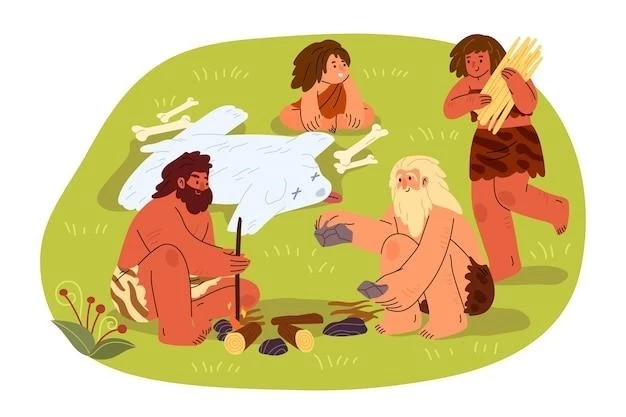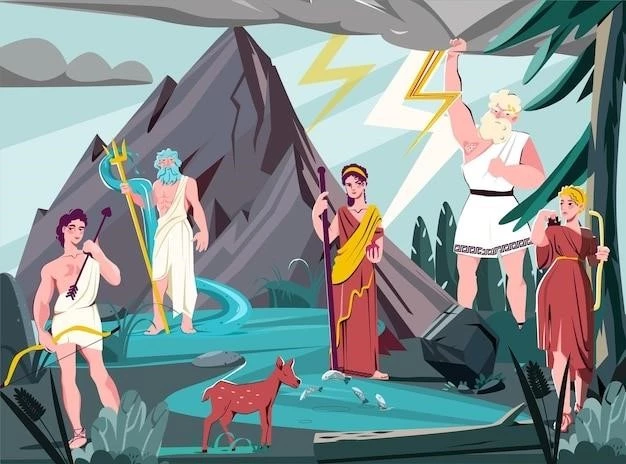Throughout human history, mythology has served as a wellspring of wisdom, cultural values, and profound insights into the human condition. At the heart of mythology lies the art of storytelling, a powerful tool that has shaped our understanding of the world and ourselves. This article delves into the significance of storytelling in mythology, exploring its various functions and enduring impact.

1. Transmission of Cultural Values and Beliefs
Mythological stories act as vessels that carry the cultural values and beliefs of a society. Passed down through generations, these narratives serve as a means of preserving and transmitting cultural identity. By embedding important morals and societal norms within engaging stories, mythology ensures their continuity and resonance across time.
For example, the Greek myth of Prometheus, who stole fire from the gods and gave it to humanity, reflects the ancient Greek value of human ingenuity and the pursuit of knowledge, even in defiance of authority.
2. Explanation of the Natural World and Existence
Before the advent of science, mythology provided explanations for natural phenomena that were otherwise baffling. Creation myths, such as the Babylonian epic of Enuma Elish or the Norse legend of Ymir, offered explanations for the origin of the universe, the gods, and humanity. These stories, while often fantastical, helped early societies make sense of their place in the cosmos and the forces that governed their lives.

3. Psychological and Emotional Insights
Myths delve into the depths of the human psyche, exploring universal themes of love, loss, betrayal, jealousy, and redemption. Archetypal characters, such as the hero, the trickster, and the mother goddess, embody fundamental human qualities and motivations, allowing us to recognize ourselves in their struggles and triumphs. Through their narratives, myths offer insights into our own emotions, desires, and the complexities of the human experience.
The Greek myth of Oedipus, for instance, explores the themes of fate, free will, and the consequences of our actions, provoking profound questions about human nature and the power of destiny.
4. Social Cohesion and Moral Guidance
Mythological stories often served as a form of social glue, reinforcing shared values and promoting social cohesion. By depicting the consequences of both virtuous and immoral actions, myths provided moral guidance and helped maintain social order. Stories of gods who rewarded honesty and punished deceit, or heroes who fought for justice and protected the weak, served as powerful examples to emulate.
5. Inspiration and Artistic Expression
The rich tapestry of mythology has served as a constant source of inspiration for artists, writers, musicians, and filmmakers throughout history. From Homer’s epic poems, “The Iliad” and “The Odyssey,” to Shakespeare’s plays and modern cinema, mythological themes and archetypes continue to resonate with audiences, demonstrating their enduring power and relevance.
Conclusion
Storytelling lies at the very core of mythology, serving as a powerful vehicle for transmitting cultural values, explaining the unknown, exploring the human psyche, providing moral guidance, and inspiring artistic expression. By weaving together fantastical narratives, relatable characters, and profound themes, mythology continues to captivate and enlighten us, reminding us of the enduring power of storytelling and its ability to shape our understanding of the world and ourselves.










